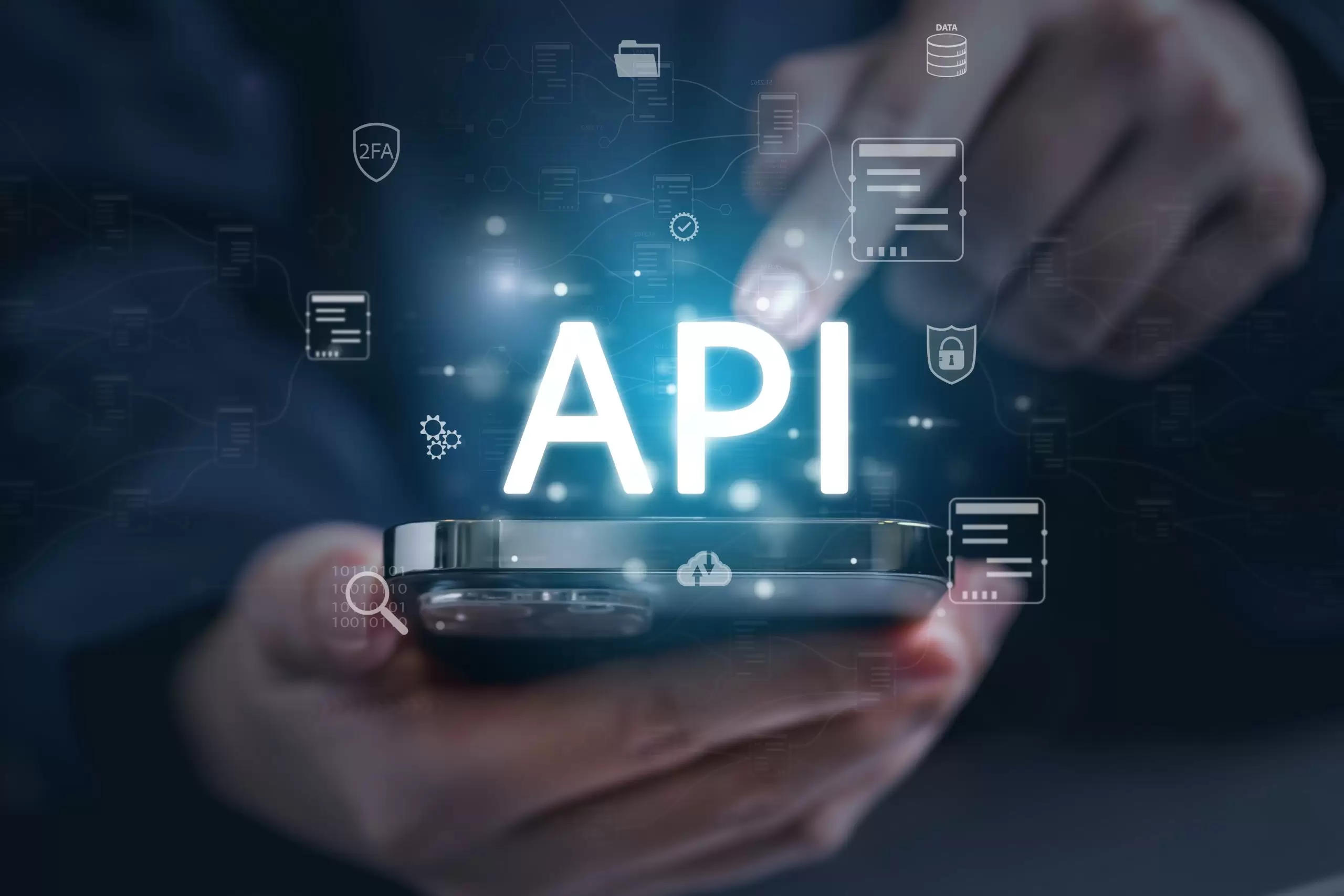Accelerate Custom API Development with AI
Disconnected systems and manual coding delay clinical innovation. Karma Health AI uses intelligent automation and AI-driven frameworks to accelerate API development, enabling seamless integration across EMRs (Electronic Medical Records), patient portals, billing engines, and more.
Custom API Development
Legacy systems, inconsistent data protocols, and proprietary software often create barriers between providers, payers, and patient-facing platforms. Without standardized APIs, healthcare organizations struggle to connect critical workflows like referrals, scheduling, reporting, and remote monitoring.
Karma Health AI solves these integration challenges with intelligent, scalable API development. Whether you need HL7-to-FHIR (Fast Healthcare Interoperability Resources) transformation, middleware connectivity, or real-time third-party data sync, we build high-performance custom APIs that extend your infrastructure, accelerate workflows, and unlock interoperability.
AI-Powered Intelligence for Smarter Systems
AI is transforming how APIs are designed, tested, and deployed. Research by Xu et al. (2021) highlights how intelligent API frameworks improve selection accuracy, reduce redundancy, and increase code reliability using collaborative filtering and matrix factorization.
At Karma Health AI, we apply similar intelligence to accelerate healthcare API development. Our system evaluates user behaviors, historical system calls, and semantic code relationships to recommend optimal endpoints and eliminate manual trial-and-error. This allows us to:
- Build secure, scalable RESTful APIs faster
- Autogenerate documentation and test cases
- Detect gaps in interoperability early in development
- Improve long-term performance through smart monitoring
Our AI-enhanced pipelines reduce time-to-launch, boost developer accuracy, and ensure the APIs you deploy evolve alongside your clinical infrastructure.
Custom API Development for Scalable Clinical Infrastructure

APIs are not just technical connectors. In healthcare, they are strategic infrastructure. A single well-designed API can power patient access, data synchronization, claims automation, and clinical decision support.
Karma Health AI builds healthcare-grade APIs tailored to your growth goals. Our solutions deliver:
- Bi-directional EMR and Practice Management System (PMS) integration
- Secure patient portal and telehealth API endpoints
- Credentialing and insurance verification APIs
- HR, billing, and compliance middleware APIs
- IoT and wearable device data ingestion pipelines
- FHIR-ready architecture for HIE and value-based care alignment
We prioritize stability, security, and scalability. All APIs are built using microservice architecture and audited for HIPAA compliance, throughput, and error tolerance. Whether you’re integrating across a few clinics or scaling across states, our framework supports rapid deployment without sacrificing integrity.
Build a Future-Ready
API Ecosystem with Karma Health AI
Karma Health AI transforms custom API development from a bottleneck into a strategic advantage. Our platform reduces integration time, increases system reliability, and prepares your organization for scalable interoperability.
We will show you exactly how many opportunities you are missing, and how
Karma Health AI can help you capture them.
Frequently Asked Questions
What is AI-enhanced API development?
It uses machine learning to automate parts of the API design, code generation, testing, and monitoring, reducing time-to-deploy while improving scalability and consistency.
Can Karma Health AI build FHIR-based APIs?
Yes. We develop APIs compatible with HL7 and FHIR standards, ensuring alignment with HIE protocols and future interoperability requirements.
How secure are your APIs for clinical use?
All APIs are HIPAA-compliant, encrypted, and undergo rigorous audit protocols. We also support SOC2 requirements and offer access control configuration.
What systems can Karma Health AI integrate with?
We support major EMRs, billing systems, HRIS, patient portals, RCM tools, and data lakes. If it has an endpoint or accepts a connector, we can work with it.
How long does it take to go live with a custom API?
Most integrations launch in 4 to 6 weeks depending on endpoint availability, environment complexity, and required testing cycles.